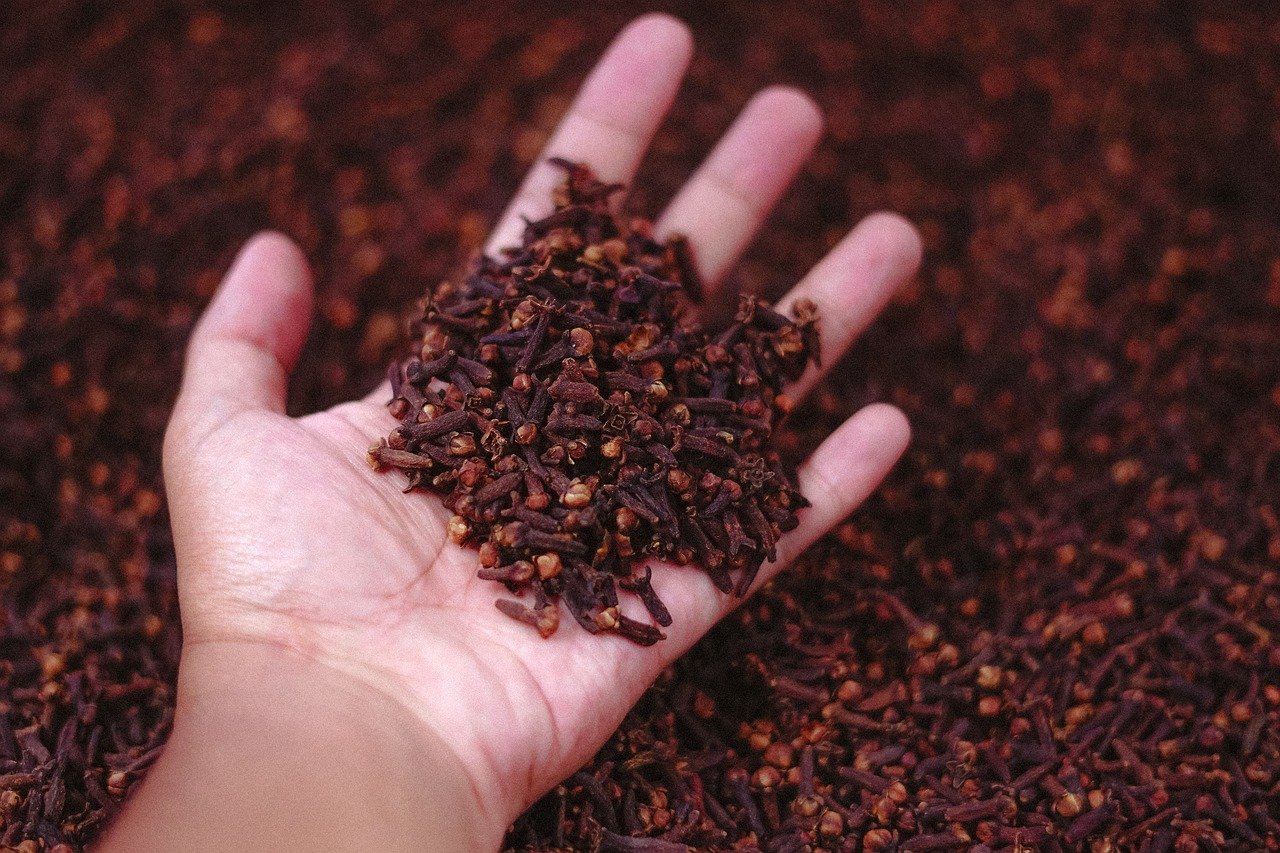
Introduction: 🌿🌶️ Prepare to embark on a flavorful journey as we dive into the world of cassia and cinnamon, two aromatic spices that have captured the hearts and taste buds of spice enthusiasts for centuries. While they share similar characteristics, there are subtle differences between cassia and cinnamon that make them distinct in their own right. In this article, we’ll explore the flavors, origins, uses, and health benefits of cassia and cinnamon, unraveling the secrets of these beloved spices. Join us as we delve into the captivating world of cassia and cinnamon! 🌿🌶️
Understanding Cassia:
Cassia is an aromatic spice derived from the bark of the Cinnamomum cassia tree, commonly grown in China and other parts of East Asia. Here’s a closer look at cassia:
1. Flavor Profile: Cassia has a robust and intense flavor, characterized by its sweet and spicy notes. It tends to have a stronger and more pungent taste compared to cinnamon, with a hint of bitterness. The flavor of cassia is often described as warm and woody, with a slightly peppery undertone.
2. Aroma and Appearance: Cassia has a strong, aromatic fragrance that is both sweet and spicy. Visually, cassia bark is thicker and rougher than cinnamon bark, with a reddish-brown color. When ground, it has a rich, dark brown hue.
3. Culinary Uses: Cassia is widely used in savory dishes, baking, and beverages. It is a common ingredient in spice blends, such as Chinese five-spice powder, and is often used in cooking meat dishes, stews, curries, and marinades. It adds depth and warmth to both sweet and savory recipes.
Understanding Cinnamon:
Cinnamon, derived from the inner bark of the Cinnamomum verum tree, is a widely recognized and beloved spice. Let’s take a closer look at cinnamon:
1. Flavor Profile: Cinnamon is known for its sweet and warm flavor, with delicate notes of spice and subtle complexity. It has a milder and sweeter taste compared to cassia, often described as fragrant, comforting, and reminiscent of baked goods.
2. Aroma and Appearance: Cinnamon possesses a delightful, sweet aroma with hints of warmth and earthiness. The bark of cinnamon is thinner, smoother, and lighter in color compared to cassia. When ground, it has a light to medium brown color.
3. Culinary Uses: Cinnamon is a versatile spice used in both sweet and savory dishes. It is a staple in baking, adding a distinctive flavor to cakes, cookies, pastries, and desserts. Cinnamon is also used in beverages like hot chocolate, mulled wine, and spiced teas. In savory cooking, it can be found in dishes like curries, stews, and rice pilafs.
Cassia vs. Cinnamon: Unveiling the Differences:
While cassia and cinnamon share similarities, there are key differences that set them apart:
1. Flavor Profiles:
- Cassia: Cassia offers a robust and spicy flavor with a slightly bitter undertone, perfect for adding depth to savory dishes and spice blends.
- Cinnamon: Cinnamon provides a milder and sweeter taste, often associated with warm, comforting notes that beautifully complement sweet recipes.
2. Origin and Appearance:
- Cassia: Cassia comes from the Cinnamomum cassia tree and is commonly found in East Asia. It has thicker, rougher bark and a reddish-brown color.
- Cinnamon: Cinnamon comes from the Cinnamomum verum tree and is primarily sourced from Sri Lanka and other regions. It has thinner, smoother bark and a lighter color.
3. Culinary Uses:
- Cassia: Cassia is frequently used in savory dishes, meat preparations, and spice blends, adding a robust and spicy kick.
- Cinnamon: Cinnamon is a versatile spice used in sweet dishes, baked goods, beverages, and also in savory cooking to provide warmth and depth.
Exploring Health Benefits and Precautions:
Both cassia and cinnamon offer potential health benefits, primarily due to their active compounds. However, it’s important to note that cassia contains a higher concentration of coumarin, a compound that can be harmful in large amounts. Here are some considerations:
1. Health Benefits:
- Cassia: Cassia has been associated with potential antioxidant and anti-inflammatory properties. It may also help support digestion and blood sugar control.
- Cinnamon: Cinnamon has been studied for its potential ability to support blood sugar management, reduce inflammation, and act as an antioxidant. It may also contribute to heart health and have antimicrobial properties.
2. Precautions:
- Cassia: Due to its higher coumarin content, long-term consumption of large amounts of cassia may pose risks for liver health and interact with certain medications. It’s recommended to moderate intake and consult a healthcare professional if necessary.
- Cinnamon: While cinnamon is generally considered safe, excessive consumption, especially of the cassia variety, may lead to increased coumarin intake. Individuals with liver conditions or taking specific medications should exercise caution.
Conclusion: 🌿🌶️ Cassia and cinnamon, both aromatic spices derived from different species of the Cinnamomum tree, offer unique flavors and culinary experiences. Cassia brings robustness and spiciness to dishes, while cinnamon imparts sweetness and warmth. Each spice has its own distinct role in the kitchen, adding depth to a wide range of recipes, both sweet and savory.
Remember to use cassia and cinnamon in moderation, considering potential health benefits and precautions, particularly with regard to coumarin content. Embrace the richness of cassia in savory dishes and spice blends, while savoring the comforting sweetness of cinnamon in your favorite baked goods and beverages.
💬 Join the conversation in the vibrant Eatlo community, where spice enthusiasts share their love for cassia, cinnamon, and other aromatic delights. Discover new recipes, exchange tips, and connect with fellow food lovers. Click here to join: Eatlo Community
Blog Tags: cassia, cinnamon, spices, flavor profiles, culinary uses, health benefits, Eatlo community












